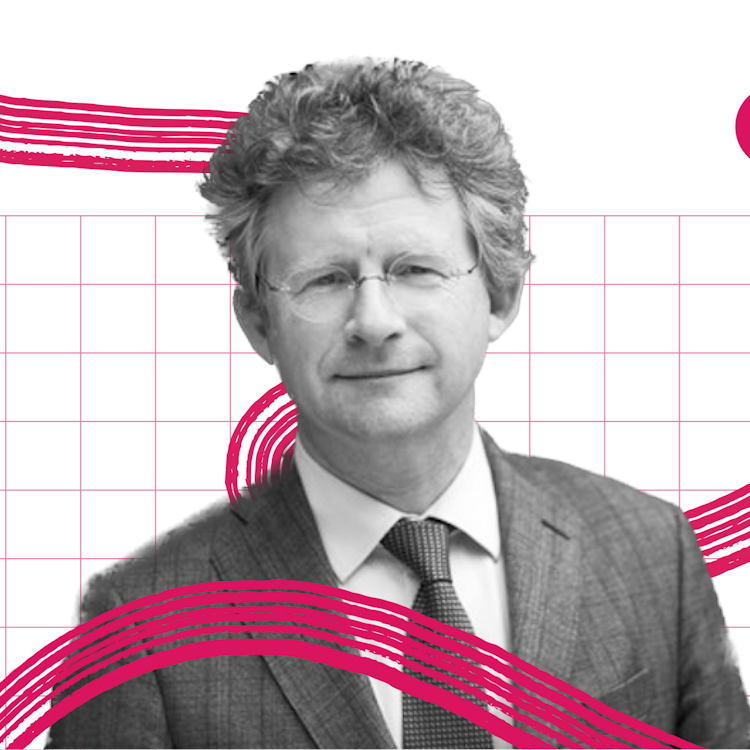Europe’s most active deeptech investor, the European Innovation Council, needs more tools to serve a greater set of startups, including bigger cheques for deeptech companies, its new boss told Sifted in an interview.
The EIC is one of EU’s main instruments to boost innovation across the continent and has a budget of more than €10bn to provide a combination of tech transfer and grant support for researchers and grants and equity funding for startups and scaleups, under three separate schemes.
Despite its impressive portfolio of programmes, "the EIC toolbox can be larger", said Michiel Scheffer, who took over the presidency of the fund’s board at the beginning of this month.
Scheffer — a founder, former minister and angel investor — takes the helm of the organisation as it tries to regain the trust of Europe’s entrepreneurs. The organisation has struggled with severe operational problems and delays in payments, which have pushed some startups to the brink of bankruptcy. The EIC even handed over responsibility for final investment decisions to a private investor, Alter Domus, and due diligence responsibilities to the European Investment Bank (EIB).
Larger tickets to companies
One of the priorities for his term, Scheffer says, is to find ways to issue larger tickets to companies; right now, the EIC on its own can invest up to €15m.
“For big challenges, like battery autonomy, hydrogen, photonics, larger tickets are needed.”
He says his goal is to improve the environment for European businesses to scale up, and he can do it by cooperating with other European institutions and with the private market.
“We have to look much more at how to bring in private capital, how to bring in institutional investors,” he says. “That requires the EIC to become a player in the capital markets, and to relate to those players in the capital markets. So that's very important work for me.”
He also has other ideas for the EIC’s toolbox. “What about a combination of grants and guarantees? We don't have a tool yet where an investment has a strong [physical] collateral… What we see in some markets, for example in semiconductors, what is required is a foundry… We could develop tools for shared facilities,” he says, mentioning sectors like photonics and protein refineries that could benefit from the solution.
‘Widening countries’
Scheffer’s other goal is to make sure the EIC investment is more evenly distributed across Europe. For now, the majority of successful applicants come from western Europe.
“The EIC is only as effective as the national ecosystems,” he says. “There're big differences in the quality of applications and the success of applications [among countries].”
He says it has “nothing to do with the quality of entrepreneurs,” but rather that some ecosystems are better trained for the application process. Now the EIC will focus on helping certain ecosystems get better at applying.
He adds that by the end of next year, he wants to have at least five startups in each country receiving equity or grant money from the EIC. “There should be a critical mass of companies having successfully got accelerator funding.”
One European family
Scheffer says the cooperation on investment with other parties will also be key.
“As a whole European family, we need to have a good offer that goes from the very early beginning to the large scale,” he says. “We have the duty of working well together so that the beneficiaries are not hindered by bureaucratic differences.
“Whether it’s EIC, or EIT [The European Institute of Innovation & Technology], or EIB, or EIF or ERDF, it's all Europe. We have one big brand — that’s Europe. That's like Unilever: it's wise to have a different brand for ice creams and for soap.
"I see the EIC and EIB as different brands. What should be clear is that if you enter, at one or the other door, you will get something else."




